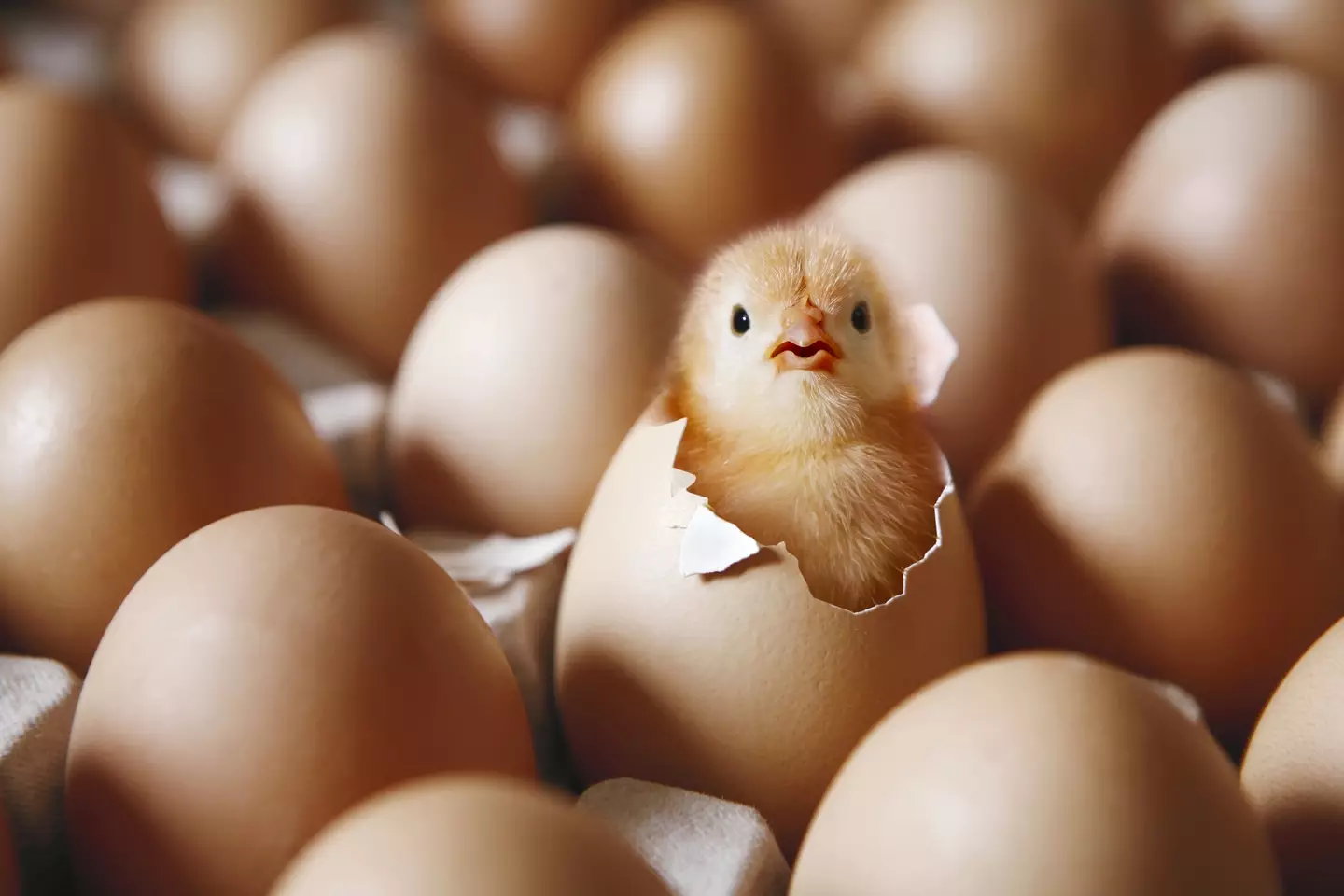
The age-old question that has puzzled people for centuries might have finally hatched an answer.
It’s a question we’ve all debated, whether you’re a school kid or a professor - what came first, the chicken or the egg.
Well, it sounds like scientists have finally cracked it.

Advert
It appears the egg came before the chicken, which may be a huge clucking surprise for many.
A prehistoric organism found in 2017 has led experts to believe eggs came about long before the first animals evolved.
The unicellular organism, chromosphaera perkinsii, was found in Hawaii, but the experts believe it first appeared at least one billion years ago. It underwent cell division to produce what experts believe to be a precursor to eggs.
This organism formed multicellular structures that bear notable similarities to animal embryos, scientists at the University of Geneva discovered.
The findings indicate that eggs existed long before the appearance of the first animals.
The study’s lead author, Omaya Dudin, said: “Though Chromosphaera perkinsii is a unicellular species, this behaviour shows that multicellular coordination and differentiation processes are already present in the species, well before the first animals appeared on Earth.”
Marine Olivetta, another author of the study, said: “It’s fascinating, a species discovered very recently allows us to go back in time more than a billion years."

Scientists researched the ancestral life of chromosphaera perkinsii. They found key insights into the mechanisms behind the transitions to multicellular life forms like animals.
Animals are multicellular organisms and they appeared on Earth later than single-cell life forms, such as bacteria. Multicellular life forms developed from a single egg cell.
Researchers believe this process of embryo development started before the appearance of animals. However, the process of development from unicellular species to multicelluar organisms isn’t fully understood.
The findings were published in the journal Nature.
In a different study about the same chicken or egg conundrum, published in Nature Ecology & Evolution, a team of scientists decided to take 51 fossil species and 29 living species and split them into two categories for examination: oviparous (laying hard or soft shelled eggs) and viviparous (giving birth to live young - like us humans do).
The study found the early reptilian ancestors of chickens were viviparous - they gave birth to live animals and didn't lay eggs.

And while both the teams at Bristol and Nanjing University in China noted that animals laying hard-shelled eggs have been one of the greatest innovations, this research is particularly noteworthy.
The team explained the research implies extended embryo retention (when the mother retains their young before birthing) was the ultimate protection for this group of animals in particular - so basically, way back then, birthing a live chicken was safer than laying an egg.
Professor Michael Benton, from the University of Bristol, said: "Before the amniotes, the first tetrapods to evolve limbs from fishy fins were broadly amphibious in habits.
"They had to live in or near water to feed and breed, as in modern amphibians such as frogs and salamanders.
"When the amniotes came on the scene 320 million years ago, they were able to break away from the water by evolving waterproof skin and other ways to control water loss. But the amniotic egg was the key."
Topics: Animals, Science, World News
